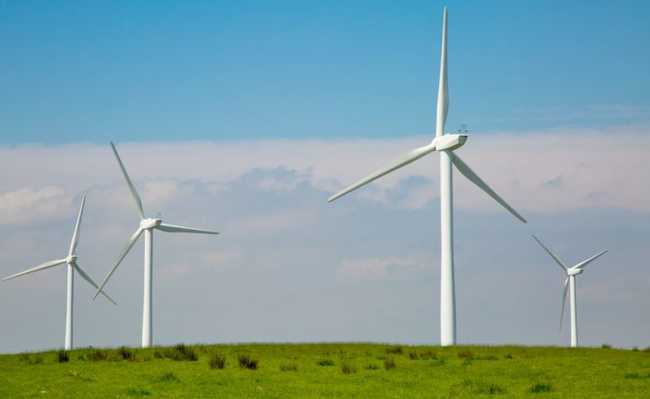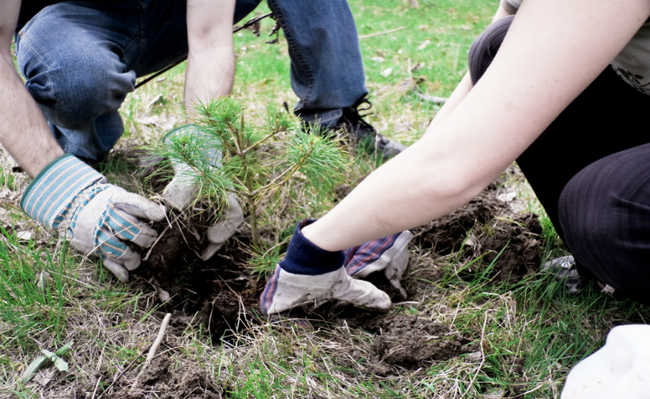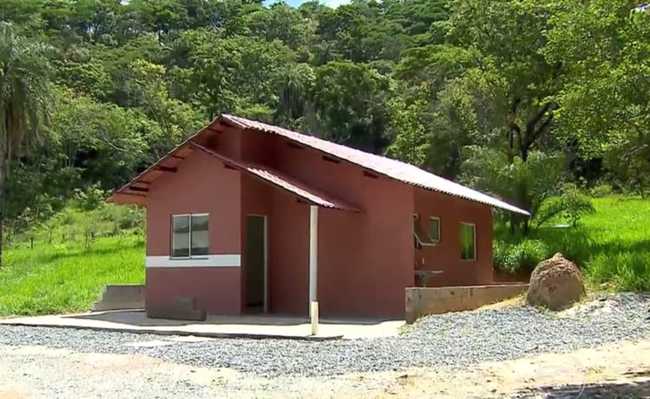The importance of practicing waste collection
The importance of waste collection is related to reducing the environmental impacts of consumption

Eunice De Faria image by Pixabay
Selective collection is the differentiated collection of waste that was previously separated according to its constitution or composition. This means that residues with similar characteristics are selected by the generator and made available for collection separately. According to the National Solid Waste Policy, the implementation of selective waste collection is an obligation of the municipalities and targets related to it are part of the minimum content that must be included in the integrated solid waste management plans of the municipalities.
However, for various reasons such as scarcity of resources, administrative deficiencies and lack of environmental vision, it is common for these residues to be disposed of in inappropriate places, such as dumps. Inadequate waste disposal causes soil degradation, contamination of rivers and groundwater, and emissions of methane, a greenhouse gas responsible for intensifying global warming.
Difference between waste and tailings
Usually, the words “waste” and “reject” are used as synonyms, however, they have different meanings. Waste is everything that is left over from a given product, whether its packaging, shell or other part of the process, which can be reused or recycled. For this, the materials need to be separated according to their composition.
In other words, waste still has some economic value that can be used by industries, waste picker cooperatives and other components of the production chain. The tailings, on the other hand, is a specific type of disposal, one for which there is still no possibility of reuse or recycling.
Importance of waste collection
The importance of waste collection is related to reducing the environmental impacts of consumption. When we separate waste, we make it much easier to treat and reduce the chances of harmful impacts on the environment and on the health of life on the planet, including human life.
Waste collection requires that the waste be separated into recyclable, organic, tailings and hazardous waste. When recyclable materials are collected and reach selective collection cooperatives, they are carefully separated to be reused. What is not reused is taken to landfills.
This entire path is very important, since incorrectly disposed waste can cause significant social and environmental impacts. In urban areas, incorrectly discarded garbage can accumulate in inappropriate places, forming foci of proliferation of disease vectors. Furthermore, wind and rain can transport the waste to seas and rivers.
Hazardous materials such as batteries and electronic objects must be disposed of separately as they can pollute the soil, water and air.
- Learn more about the importance of waste collection in the article "What is selective collection?"
Composting of organic waste
Although large amounts of organic matter are taken to landfills, they can also be reused through composting. It is the biological process of valuing organic matter, whether urban, domestic, industrial, agricultural or forestry, and can be considered as a type of recycling of organic waste. In it, micro-organisms, such as fungi and bacteria, are responsible for the degradation of organic matter, transforming it into humus, a material that is very rich in nutrients and fertile.
According to data from the Institute for Applied Economic Research (IPEA), organic material corresponds to about 52% of the total volume of waste produced in Brazil and all this ends up in landfills, where they are deposited with the others and do not receive any type of specific treatment. In this way, composting is important, since it reduces the amount of organic waste in landfills, avoiding environmental and human health impacts.
- Check out tips on how to compost in the article "What is composting and how to do it?"
Selective waste collection project in condominiums and companies
The implementation of selective waste collection is an effective measure for correct disposal. Putting into practice a selective waste collection project does not require a high investment and the return is very satisfactory. This type of project is suitable for condominiums, companies and schools.
To implement a selective waste collection project in your company or condominium, you need to define a space and make people aware of the importance of separating waste. After this step, it is necessary to determine which materials will be collected and where they will be stored.
After the implementation of waste collection points, residents and employees must be informed on how to correctly dispose of them, in addition to having the convenience of doing so without traveling for long distances. Collectors can be installed in common areas at the entrance, administration or other common circulation location.
Solutions
Selective collection and composting are the two best solutions for the correct disposal of waste. Selective collection is the ideal destination for dry and recyclable waste and composting for wet and organic waste. Thus, it would be ideal for landfills to receive only those residues that cannot be recycled or composted, also called tailings. Furthermore, there needs to be a change in habits in society. Every time you consume, rethink if it is really necessary, so you avoid a greater production of waste.










